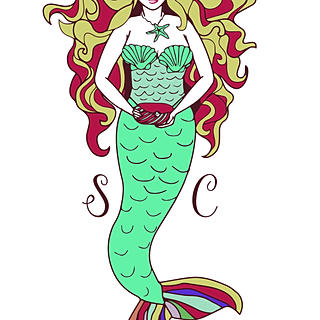Project Communications Part 8 – Communication Methods – Pull
- Bill Holmes
- Mar 27, 2019
- 3 min read

“I never open the newspaper, never. I never go to a website; I never turn on the T.V. hoping to find something I can attack. It isn't what I do. I defend.” Rush Limbaugh
“Website without visitors is like a ship lost in the horizon.” Dr. Christopher Dayagdag
We are all familiar with pull communications. Pull communications require the consumer to take some action to see the information.
Pre-internet (oh yes, there was such a time!) I can recall walking to the end of my driveway every morning to get my local paper. I'd take the paper to work and read it as I ate lunch. Weekends provided a rare opportunity to sleep in a little later than normal, get the paper and enjoy watching the day get gradually brighter as I drank a hot cup of coffee and read the paper at my kitchen table. Travel provided an opportunity to read different papers and get different opinions, so I always enjoyed picking different papers from the selection in the concierge lounge of whatever Marriott property I happened to wake up in.
In the beginning, the only constant source of news was the Wall Street Journal. A staple in concierge lounges all around the world! Then Al Neuharth launched USA Today, and suddenly the same newspaper was available all around the United States, and eventually the world. The commoditization of information had begun!
The advent of the internet created websites that cater to every viewpoint and interest. The concierge lounge is now filled with people staring at their phones or tablets rather than reading papers.
As a side note, getting a paper at a hotel (outside of a well run concierge lounge) is now a rare luxury. How sad.
Newspapers and websites are both are examples of “pull” communications.
The PMBOK® definition is that it “requires the recipients to access content at their own discretion subject to security procedures”.
My definition is that pull communication applies to anything that the stakeholder needs to exert effort to access. If I want to read a paper, I need to decide I want it, find it and then get it. The same applies to a web sites, SharePoint sites, databases, etc.
The problems with pull communications for Project Managers (or any other manager) are the same faced by anyone who is trying to get attention on the internet. How do you get someone to look at your information? Generally, only those who are highly interested in a specific item will seek it out on their own and look at the data as presented.
Let’s face facts. The number of people “highly interested” in what you are working is probably small. The managers who are “highly interested” will probably expect someone else to do the research and present it to them, turning the method into “push”.
This leads to a second problem that is a real problem today on the internet, balkanization.
The average person doesn’t seek out information that is contrary to their world view. Why would they? Rather, they seek information that validates themselves and their worldview. This creates an echo chamber of people who all think the same thing congratulating themselves on how smart they are. That may be fine for Facebook or Twitter trolls, but is a disaster in a project.
A good Project Manager seeks out dissenting opinions and different perspectives. That is one of the pillars of risk management! If you are relying on pull communications to engage people in spirited debates, you will be very disappointed.
For that you will need a different approach.
Next, I’ll discuss a framework for project communications using all three methods.
Coda
I may need to start blocking some of my friends on Facebook. I think Facebook is a neat place to keep up with people I used to live next to or work with. It is nice to see how people are vacationing or celebrating milestones in their life. It is also a great way to keep up with birthdays! But I am getting really bored with the political trolls. Every day it is one outrageous claim after another. Websites are posted with no validation of the underlying narrative, and of course the lemmings offer up shallow comments in support of whatever they support. And when those claims are proven false, there isn’t even the integrity to say “sorry, got that wrong”. I would like to stay part of your lives, but candidly the poison you are spewing is disgusting. Ciao!









Comments